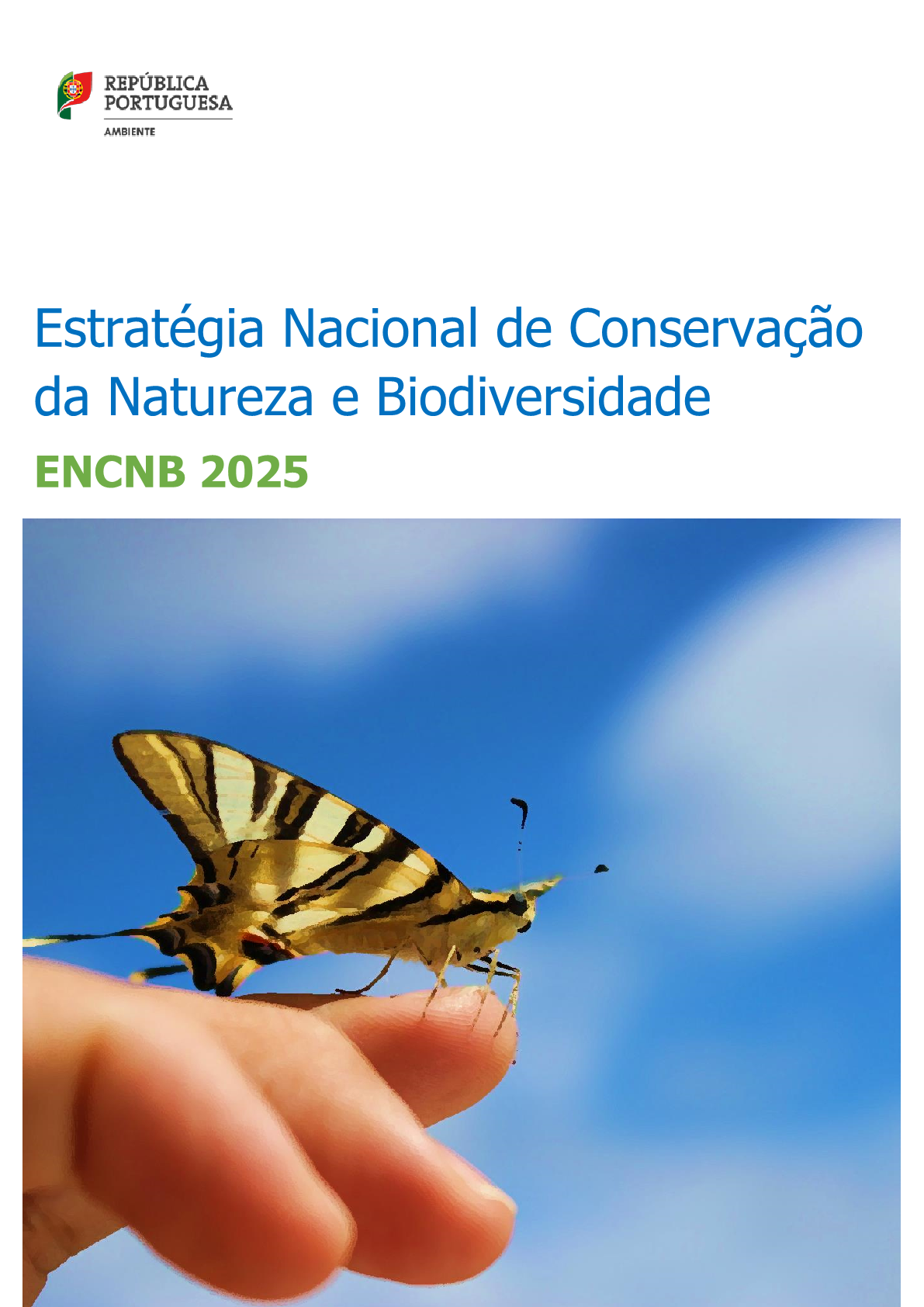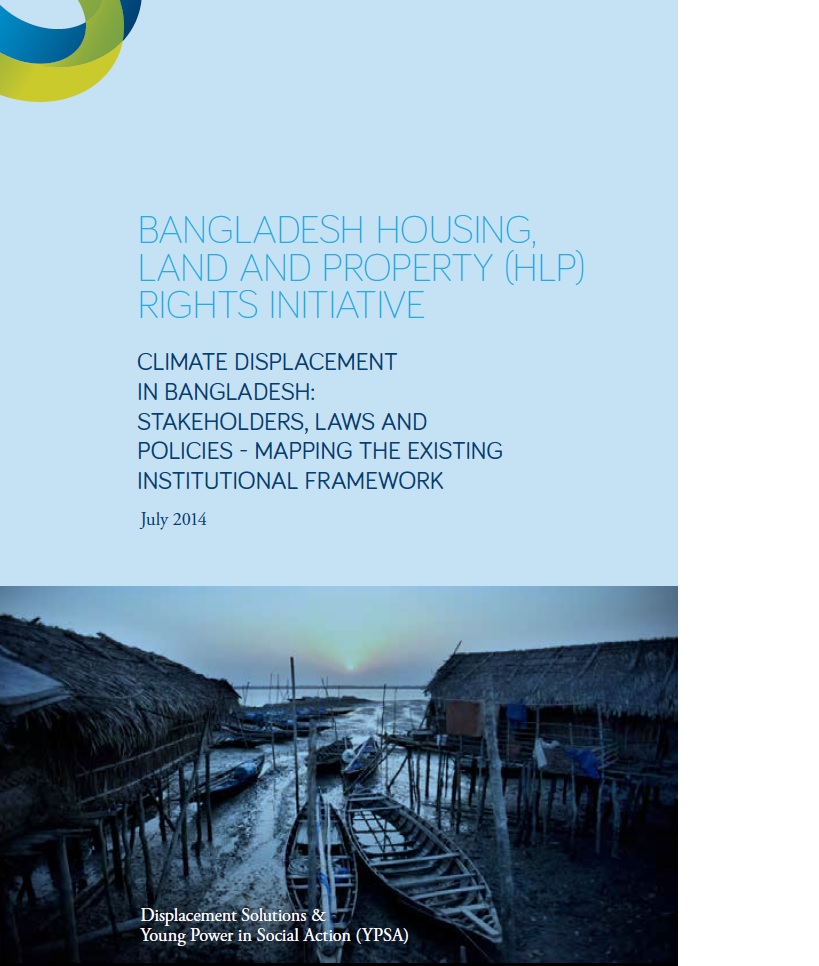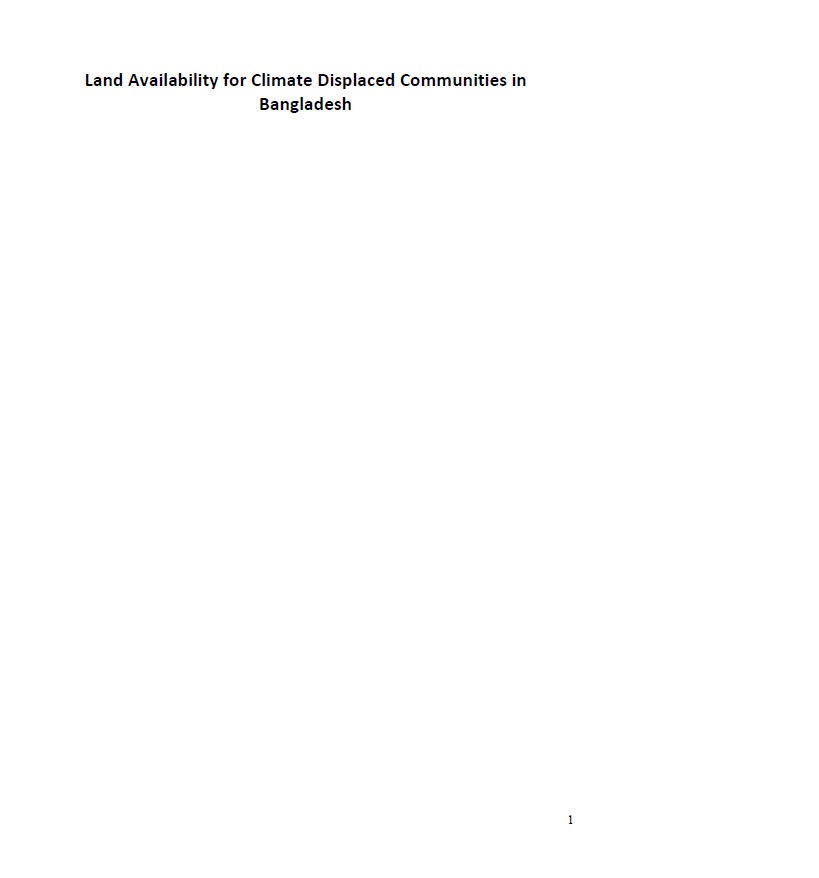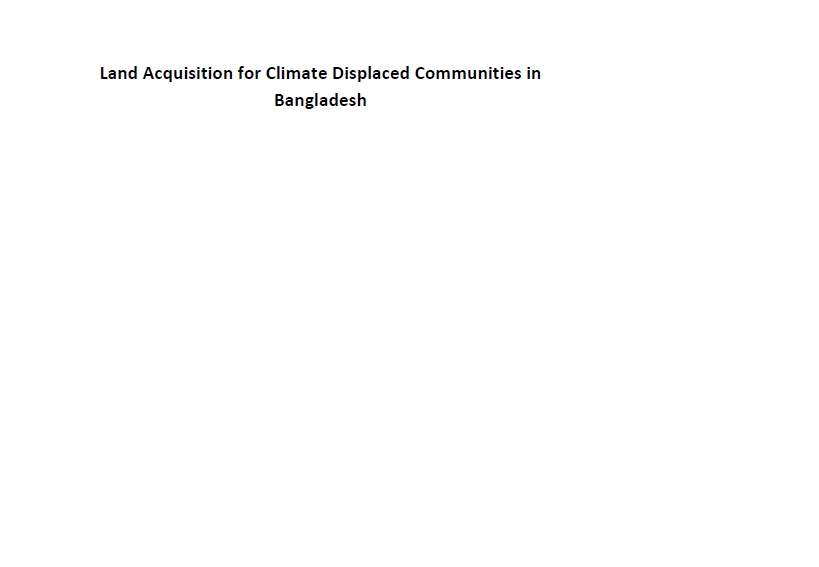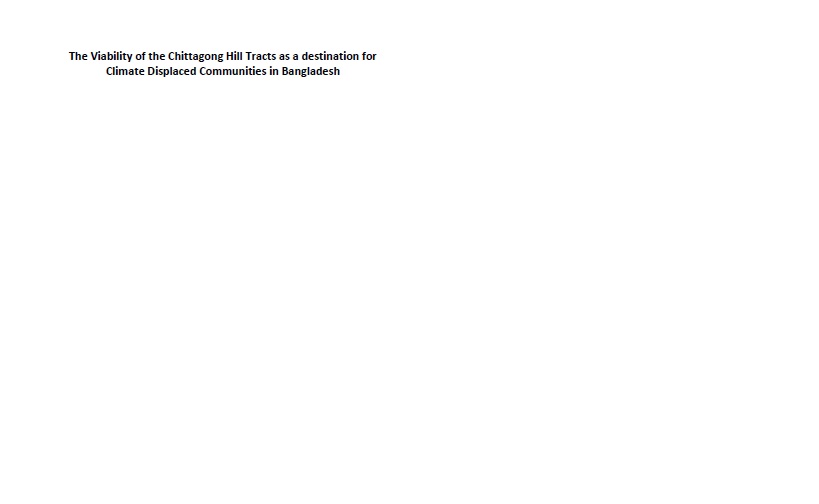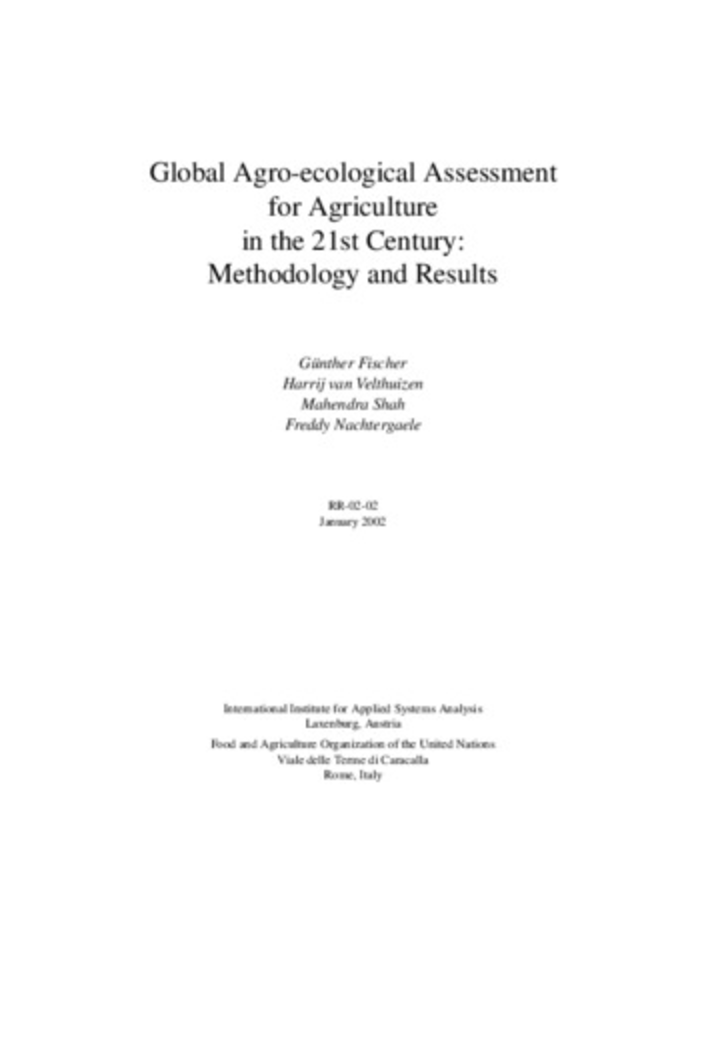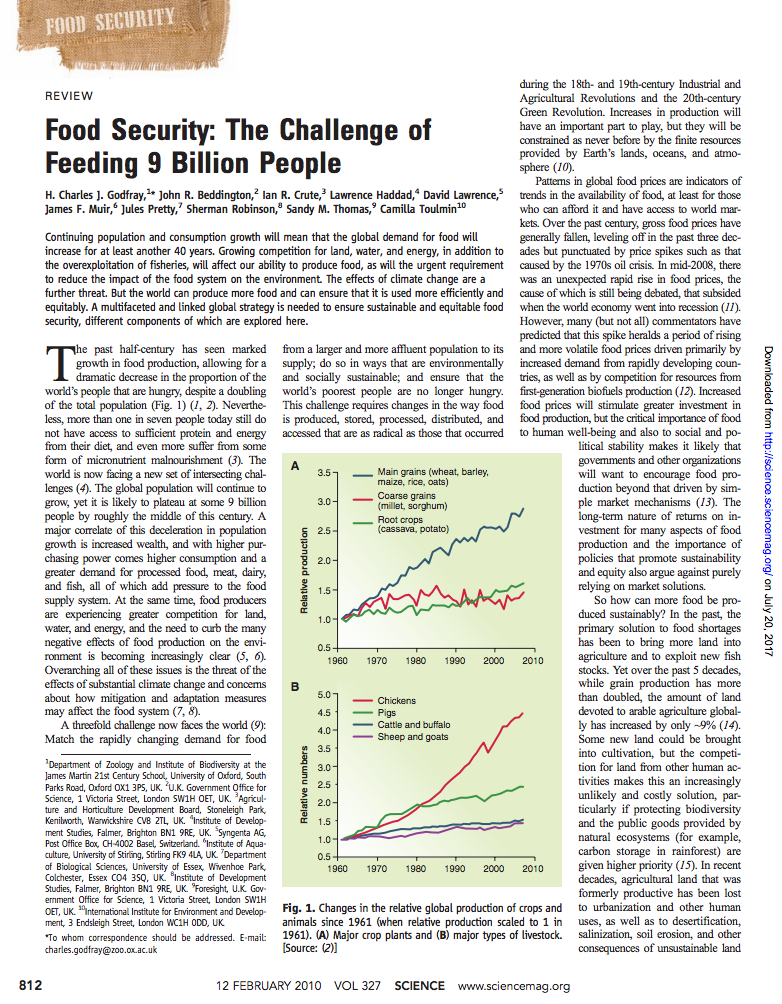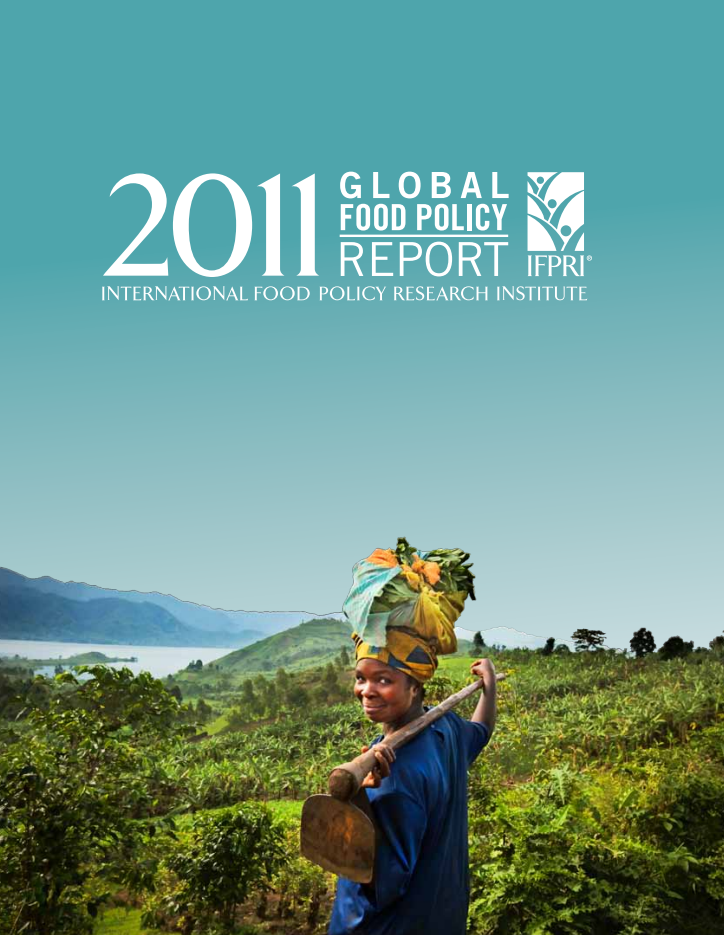Historical and Contemporary Geographic Data Reveal Complex Spatial and Temporal Responses of Vegetation to Climate and Land Stewardship
Vegetation and land-cover changes are not always directional but follow complex trajectories over space and time, driven by changing anthropogenic and abiotic conditions. We present a multi-observational approach to land-change analysis that addresses the complex geographic and temporal variability of vegetation changes related to climate and land use.


